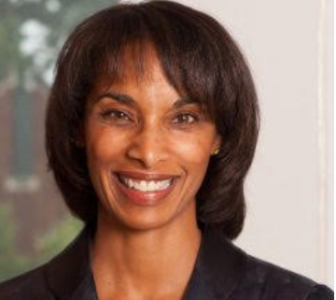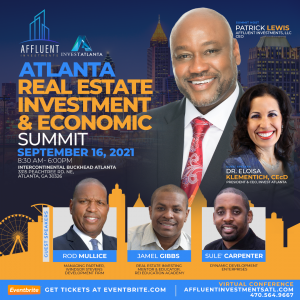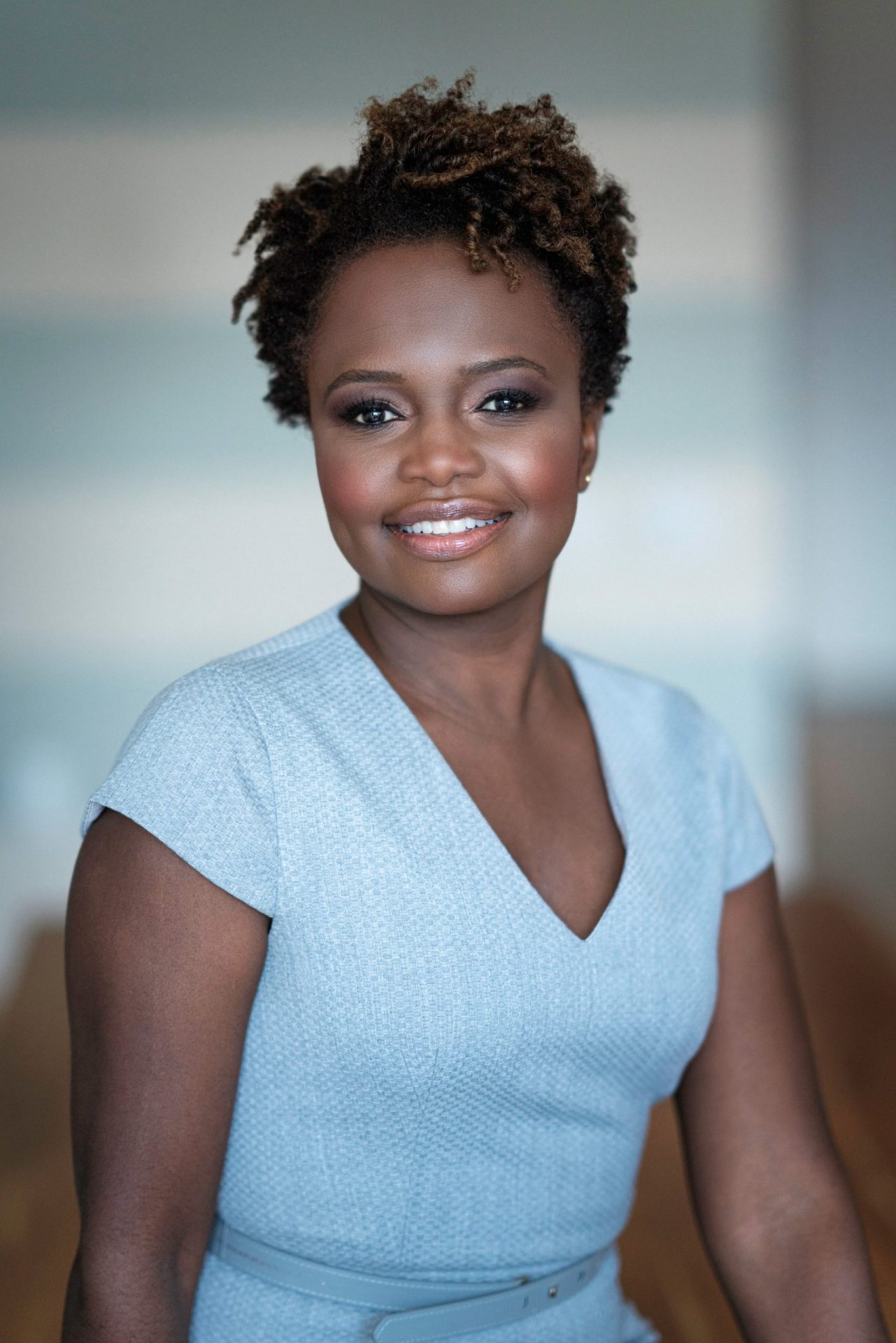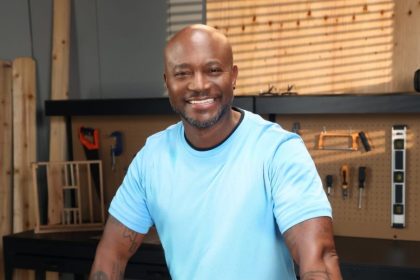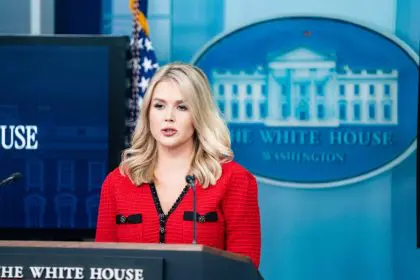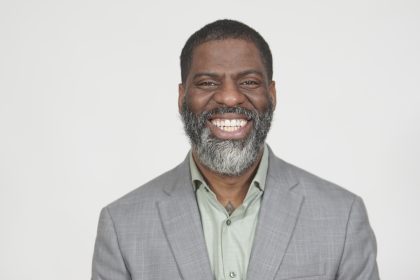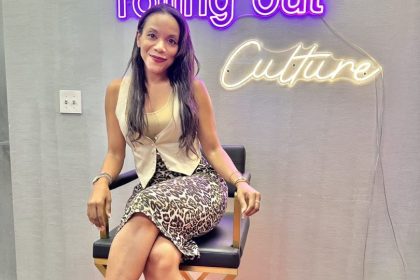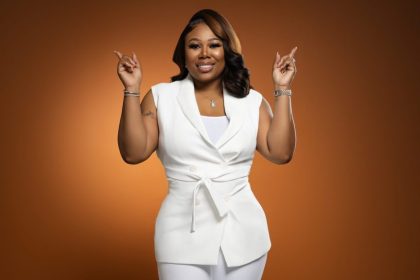Rodericka Applewhaite, the director of Black Media at the White House, is a dynamic force committed to ensuring Black Americans are connected to the political agendas impacting their communities. She’s a first-generation American of Panamanian and Guyanese descent, and her upbringing in rural Georgia ignited a passion for equitable policies and political engagement. After earning her degree in political science from George Washington University, Applewhaite has forged a career marked by strategic communications roles in major campaigns. Now, in her White House role, she is focused on amplifying Black voices and ensuring HBCUs receive the recognition and support they deserve.
She spoke to Munson Steed, rolling out‘s publisher and CEO, concerning HBCU Week.
Hey, everybody! This is Munson Steed, and welcome to “A Seat at the Table,” where we bring those individuals who truly have an idea of what it is for us to have a seat at the table. And actually, today, happy HBCU Week for all those who don’t know. This is a special moment. I am joined by the phenomenal young sister who I’m so proud of. How are you?
I’m good, Munson. How are you?
How do you spend your day spreading this HBCU Week news.
We’ve had a lot of amplification that we’ve been doing around HBCU Week, which is kicking off this week and runs through Friday [Sept. 20]. We started the morning with a press call joined by Dr. Deidra Trent and Tony Allen, who is on our board of HBCUs, to amplify the president’s speech, which happened around one o’clock today [Sept. 18] in Philly, where this conference and job fair are taking place. The president not only talked about the support he’s given to HBCUs by investing $16 billion since day one, but also announced an additional $1.3 billion for HBCUs to continue to operate as critical institutions that really build the next generation of leaders for the Black community.
When you think about that, we know there’s a transformation happening inside each of these schools. I’m so proud of the investment and the branding authority. What do you imagine when you see this type of investment 10-20 years from now?
Yeah, I mean, I think that’s why these investments are so critical right now. It’s not just about giving funding to students that are currently enrolled. It’s also to make sure these facilities have the research labs they need for STEM students, so they can stay and remain competitive against other institutions where you could go to get these degrees. That infrastructure is really important. It’s not just a $1.3 billion investment for this year, but it’s also going to yield dividends as these institutions continue and as people continue to go to them. HBCUs are incredibly consequential for the trajectory of the Black economy. Forty percent of all Black engineers have gone to an HBCU, 50% of all Black teachers, 70% of all Black doctors and dentists, 80% of all Black judges, and our favorite stat at the White House: 100% of Black Vice Presidents went to HBCUs as well. So we know how important they are to this administration, and that’s why we’re really proud of the support that we’ve been able to invest in HBCUs since day one.
What can we look forward to this week as we continue to celebrate at the White House and around the country?
Yes, throughout the week there will be several officials from the White House speaking at this conference. I believe tomorrow, Steve Benjamin, who’s the director of the Office of Public Engagement and senior advisor to the president, will be speaking along with Dr. Deidra Trent, who is the executive director of the White House Initiative on HBCUs. It’s this initiative that is hosting the conference this week. It’s important to point out that President Biden reinstated this institution after it was shuttered in the previous administration. So just those investments and the priority that this administration has put into HBCUs is something that’s really important.
When you, as a young sister, think of all of the women that are making a difference in this country, and you see an HBCU graduate like our vice president, what does that say, or what are we saying to the entire country about opportunities as it relates to citizens who are able to benefit from coming and seeing the recognition of HBCUs?
Yeah, I think, as the saying goes, representation matters. It’s really important. That’s why part of what’s going on at HBCU Week is a job fair that is directly connecting HBCU graduates and students to federal agencies so that we can continue to build that bench. It’s one of the reasons why this administration is the most diverse administration ever compared to others. We’re doing that work to invest not just in making sure we’re hiring people at the top that are also representative of our community, but in making sure we’re building that bench by bringing in new graduates from HBCUs.
When you open doors — and obviously this is a seat at the table — being able to have a career like yours, serving our country, how important is it, and what’s it feel like to really be able to celebrate and know that you’re making a difference, serving our country each and every day that you do what you do?
Well, thank you. Those are very big words. It doesn’t always feel like that, but every day it’s so important to be able to do this work and also be doing it in a room with people who look like you. So not only is it important just for diversity, but also because the diverse perspectives that go into the policies we create and that go out of these doors every day are really important. Having those perspectives ensures we’re providing a more holistic, whole-of-government, whole-of-thought approach to the work we’re doing. I think it’s why we’ve been able to create really good policies here and have an agenda that is really cognizant of all the different aspects of people’s lives in America.
Well, I want to thank you for coming on “A Seat at the Table.” I hope and really appreciate you recognizing and giving all those future HBCU graduates an opportunity to start to serve and to be a part of those careers inside and outside of government. Thank you so much for coming to “A Seat at the Table” here on Rolling Out.
Thanks, Munson.

